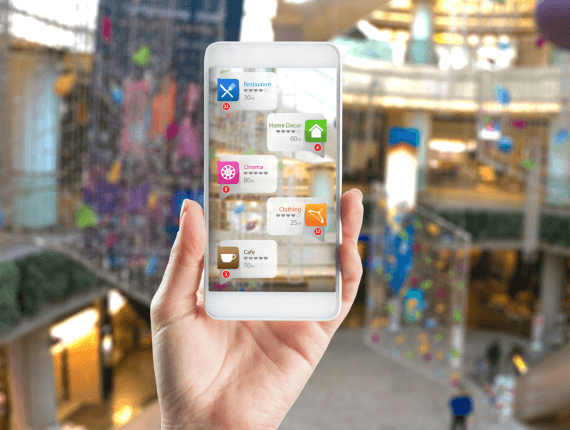Omnicommerce is the future of retail. Klarna report

Retail has been undergoing constant transformation since the outbreak of the pandemic. For retailers to remain competitive and successful, it is crucial to follow and respond to the trends. And according to the trends, the best strategy for retail companies will soon be omnicommerce. This is supported by a report prepared by fintech Klarna.
Birthday report
Klarna turns 18 years old this year. Swedish fintech focuses on innovation and is eager to use artificial intelligence, among other things. To celebrate its “entry into adulthood” in April this year, it conducted a survey of more than 5,000 consumers from the US, UK, France, Germany and Sweden. The purpose of this survey was to identify key trends that will shape retail during the upcoming 18 years. The findings are included in the report “The Future of Retail”.
Generation Z expects omnicommerce
The most important finding of the study is that the younger generation (18-26 year olds, that is, Generation Z), who will be the biggest revenue contributors to the retail industry in a while, expects technological advances to affect their shopping experience. Retailers should therefore follow an omnicommerce strategy in their operations. By making extensive and skillful use of innovative technologies, it provides customers with a personalized experience and a seamless shopping process.
Unlike omnichannel strategy, which is focused on recognizing customer preferences and ensuring a harmonious brand presence across different sales channels, omnicommerce aims to create a consistent end-to-end shopping experience, regardless of where and how the customer makes a purchase or interacts with the brand. For more information on these two strategies, see our post Omni-commerce vs multichannel: What are the differences and benefits for business?
More personalization and use of advanced technologies
In the coming years, consumers expect more and more personalization from the retail industry as they go through the shopping process. They will not tolerate a dull, generic experience.
More than three-quarters of Generation Z representatives believe that using augmented reality (AR)-based solutions in stores will improve their shopping experience, and 27% say they will be standard in retail stores in the near future.
56% of the generation that has recently entered or is about to enter the labour market wants the shopping experience to be more personalized, and 42% are confident that this will happen – in terms of traditional stores and online stores.
The age of robots
Two-thirds (66%) of Generation Z believe that the delivery of goods to consumers will be fully automated in the future. Delivery of products purchased online, or at least most of them, will be handled by robots and drones.
Nearly one in four Generation Z representatives believe that they won’t have to try on clothes in the store, as a robot or AI personal assistant will tell them which clothes best fit their measurements and dress style.
Although it should be added that not all survey respondents are ready for robots to help them with their clothing choices. When respondents were offered this option of having a robot help with measurements, 37% were ready and looking forward to it, but as many as 31% said they would leave the store, and 33% were undecided.
Traditional stores will remain an important part of the retail
The Klarna survey brings confirmation to the theory that brick and mortar will continue to be popular with consumers. 69% of those surveyed by Klarna today would choose a traditional store over a digital one. What’s more, 58% predict that even in 2041 they would do the same.
Of course, during their shopping journey, consumers will heavily ” mix” the traditional and online channels. They tend to shop online for its convenience, but brick and mortar provide them with the kind of experience that ecommerce does not and will never be able to fully replicate. Of course, in order for customers to willingly visit a traditional store it will have to offer them innovative solutions (such as the aforementioned AR).
Which should probably come as no surprise – a large proportion of respondents (57%) agree with the statement that most traditional stores will support only cashless payments in the near future. And 33% of Generation Z respondents believe this will happen within 5 years.
Are you interested in implementing omnicommerce solutions in your company? Learn more about our modular product Omnicommerce for RETAIL.

